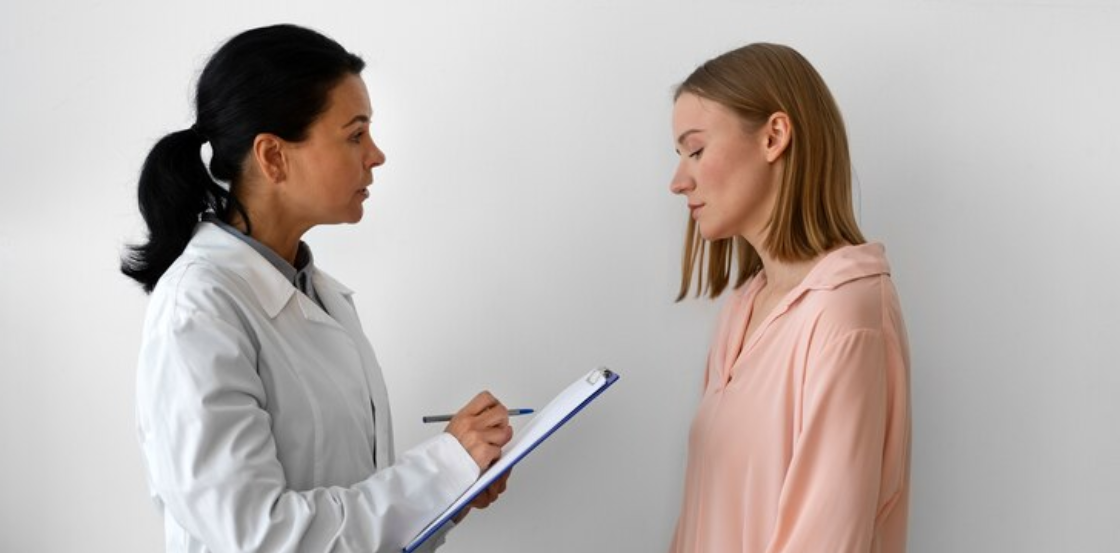Post link copied to clipboard!

Over 100 womb transplants have been performed worldwide. A recent successful womb transplant in the UK, involving a cisgender woman, represents a noteworthy advancement in reproductive medicine. This achievement has sparked hope among transgender women, who aspire to undergo a similar procedure, although the journey towards parenthood still appears to be distant on the horizon.
Professor Richard Smith, hailing from Imperial College London, was part of the surgical team that conducted the UK’s first-ever womb transplant. This remarkable operation happened in February, with the donor being the recipient’s sister.
It’s worth noting that globally, approximately 50 babies have been born through womb transplants, offering hope to women who previously lacked a functional uterus.
While this achievement has fueled speculation about the potential for transgender women to benefit from similar procedures, Professor Smith cautions that such possibilities remain remote. He points to fundamental pelvic anatomy differences, vascular structures, and microbiome composition between cisgender and transgender women, making the transplantation process technically unfeasible.
“Talk within the press regarding transgender womb transplants has been abundant,” Prof. Smith stated, “but as of now, technical feasibility is lacking.” He further emphasised that, in his estimation, realising transgender womb transplants could take a minimum of 10 to 20 years.
Across the Atlantic, Dr Paige Porrett, a pioneering surgeon who established the uterus transplant program at the University of Alabama, believes procedures are “medically possible.” She envisions a future where transgender women might benefit from womb transplants. But she acknowledges the substantial work required to ensure their safety.
Despite the prevailing medical optimism, it is essential to keep an open eye. Hustling into such procedures, driven by patient demand, could pose risks. Professor Mats Brannstrom, renowned for delivering the first live birth from a transplanted uterus in 2014, disclosed that he receives numerous inquiries from transgender individuals globally. He cautions against hasty decisions, stressing the need for thorough research.
“I get emails from people all over the world,” Prof. Brannstrom revealed, “but there is the risk that we will rush into this because we have patients who are very interested. I say to them we haven’t done enough research, but I think it will be possible in the future.”
Ethically, the debate surrounding transgender womb transplants remains complex.
Some claim that performing the procedure efficiently and without substantial risks should entail no ethical boundaries. Medical experts suggest that altering legal statutes and conducting corrective surgeries with an individual’s gender identity could make this a viable option.
A medical paper published earlier this year highlighted that several teams are diligently working towards making womb transplants for transgender women a clinical reality.
The report, featured in the Fertility and Sterility medical journal, suggests that the first transplant in a transgender female could occur within the next few years, albeit with numerous challenges to overcome.
While the variations in pelvic anatomy between men and women are considered surmountable, the complexities arise in connecting the transplanted uterus to the surgically constructed vagina during gender reassignment surgery. Additionally, understanding the impact of a modified microbiome on the transplantation process poses another hurdle.
While the recent womb transplant achievement in the UK gives hope for a new era in reproductive medicine, transgender women aspiring to undergo similar procedures must exercise patience.
Achieving this medical breakthrough for the transgender community requires extensive research and cautious progress, given the scientific challenges and ethical considerations.
This path involves addressing these challenges with careful and extensive research, ensuring that progress is both responsible and effective.